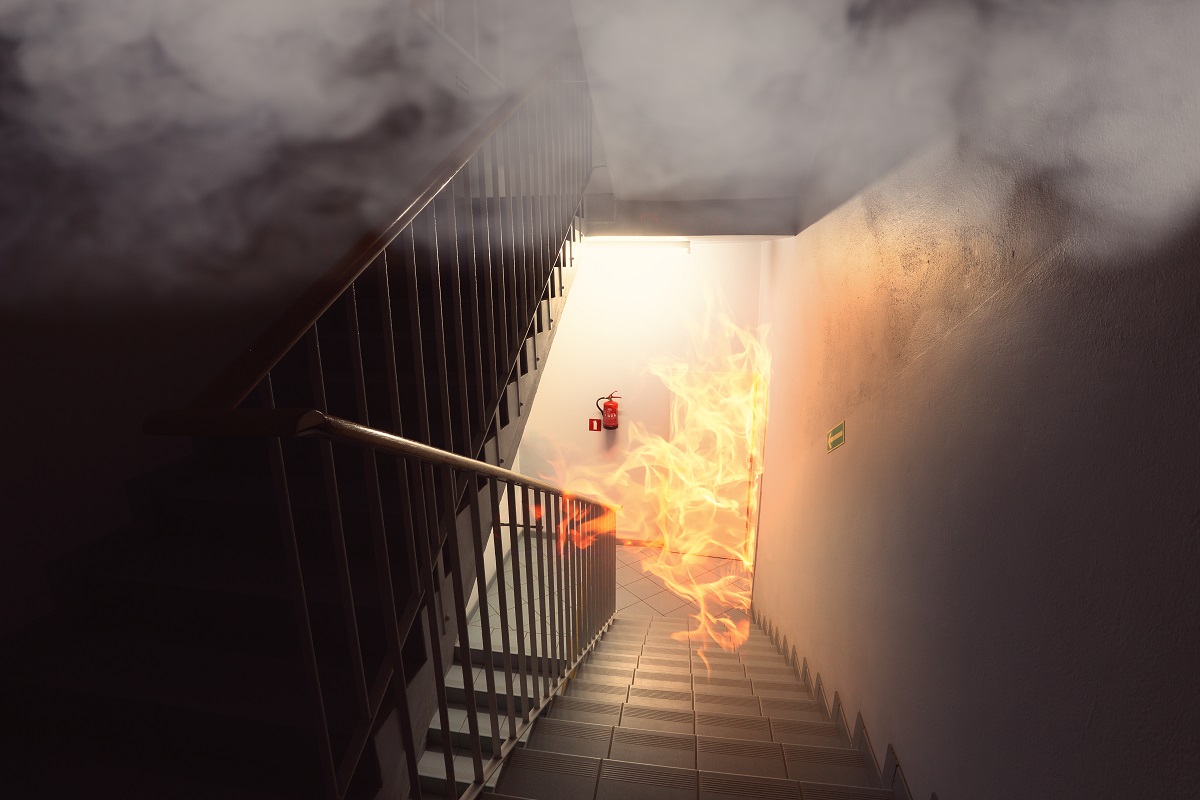Wildfires are considered one of the deadliest natural disasters in the United States. They are extremely common in certain states, particularly in California. In 2020 alone, more than 8,200 wildfires were recorded in the said state, burning over four million acres of land. According to the California Department of Forestry and Fire Protection, this is more than double the previous record of nearly two million acres burned in 2018.
Such a calamity has resulted in millions of worth of property damages over the years. In 2018, total wildfire damage in Northern California alone reached $24 billion. This year, experts are anticipating much worse. According to financial analysts, wildfires in the Western U.S. alone may cause around $130-150 billion worth of losses.
On top of this, wildfires have left thousands of people in California homeless and grieving for lost loved ones. In fact, over 150,000 California residents are currently experiencing homelessness due to the recent wildfires. Nearly two-thirds of them do not have shelter at all.
Recovering from a wildfire can be quite challenging and expensive. It is best to seek professional help when it comes to fire damage restorations. This will help you effectively manage costs and fast-track recovery.
Aside from this, you can limit such damages by fireproofing your property as early as now. Here are five simple ways to safeguard your home from wildfires and other fire accidents in the future:
1. Install a firewall or create a natural fireproof barrier.
If you’re in the middle of constructing or renovating your home, you may consider building a concrete firewall around your property. Concrete is non-combustible and has low thermal conductivity, making it an excellent fire-resistant material. Having a concrete firewall can safeguard your home as it can effectively block the rapid spread of fire.
Aside from this, you may also opt to create a natural fire-stopping landscape around your property. Consider planting fire-resistant plants like California fuchsias, French lavenders, and yellow ice plants around your home. You can also create a 100-feet berth around your property with spaced-out plants and gravel. However, make sure to properly maintain it by removing dry vegetation and cleaning up your shed regularly. ;
2. Maintain your roof.
If you wish to upgrade or replace your roof, consider using fire-resistant materials like tiles or metals. Though expensive, they are durable susceptible to fires. On the other hand, if you have a wood roof, consider painting it with a fire retardant paint to keep your home safe during an emergency.
Aside from this, it is also best to clean your roof and the gutters regularly. Make sure to remove all dry leaves, twigs, nests, and branches hanging over your roof. Inspect your roofing system for any cracks and seek professional help in doing necessary repairs.
3. Use dual-pane glass or tempered glass for your windows.
Non-fire-resistant windows can break and even shatter inward after one to three minutes of exposure to intense heat, according to the Insurance Institute for Business & Home Safety. A broken window is a quick recipe for another disaster as it can bring flames to enter your home rapidly and easily.
If you’re living in a wildfire-prone area, consider replacing your glass windows with dual-pane ones. Not only do they provide good insulation during winter, but they also resist fire twice longer than regular glass. Tempered glass windows are also effective. They are known to be four-times stronger than regular glass windows.
4. Use high-quality fire doors.

Fire doors can help prevent smoke, heat, and flames from quickly entering a room. They can hold back such fire elements for around 30 to 60 minutes. This helps protect your escape route and give you some ample time to safely escape your home if a fire breaks out. Consider replacing your house and garage doors with metal ones for added safety and security.
5. Invest in special fire safety equipment.
Aside from utilizing fire-resistant materials, investing in special fire safety equipment can provide an extra layer of safety in a fire emergency. These include sprinkler systems, fire extinguishers, fire alarms, smoke detectors, emergency lights, and portable generators. However, make sure to have your fire systems checked regularly by capable professionals to ensure that they are still working properly.
You may be discouraged to invest in fire safety equipment as most of them are quite expensive. However, they are certainly worth the investment.
Natural calamities like wildfires often come as a surprise. Preparing your home like fireproofing your property for such unprecedented events can make a powerful difference in survival and recovery.
